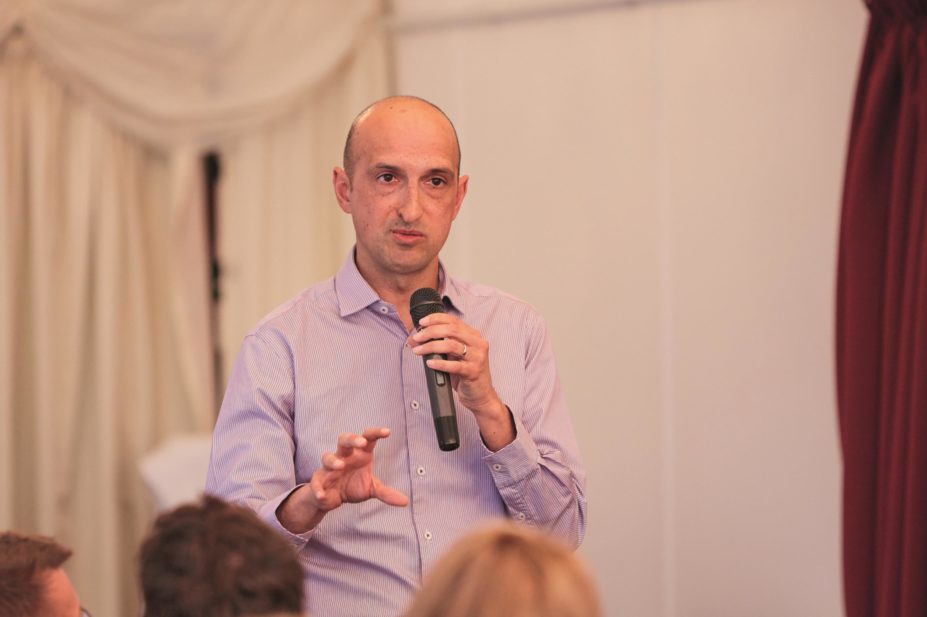
Simon Way
On 19 July 2016 I attended a book launch at the House of Lords for ‘20/20: a vision for healthcare’, which celebrates 20 years of the Academy of Medical Royal Colleges. A total of 40 authors, including myself, across the healthcare spectrum — comprising consultants, health ministers, doctors, physiotherapists and, of course, pharmacists, among others — gave their views on what has been the greatest development in healthcare in the UK in the past 20 years and what needs to happen over the next 20 years.
The book launch was attended by high profile healthcare advocates, including Dame Sally Davies, chief medical officer for England, health secretary Jeremy Hunt, Mark Porter, chair of the British Medical Association, and Robert Francis QC, who produced the 2013 report on the mid-Staffordshire hospital scandal that resulted in many preventable deaths in the late 2000s.
In his opening speech, Hunt emphasised the need for an honest, open culture in the NHS if it is to thrive and grow over the next 20 years. He spoke of hopes that one day, when an error occurs in one hospital, by the end of the week the error and analysis of what went wrong will be disseminated to other hospitals around the country. He claimed that real change does not come with targets or inspections, but through a learning culture.
The next guest speaker was Matthew Syed, a British journalist, author and broadcaster. He compared the healthcare industry with the aviation industry and tried to explain why aviation was more successful with its safety record than healthcare. This drew several raised eyebrows in the audience, and a few “I disagree” comments followed his speech.
Syed thought there is too much of a blame culture within healthcare. That to make a mistake, say, if you are a consultant surgeon, would be something highly negative (e.g. bruising of the ego). This leads to a culture of hiding mistakes, finger pointing or “it’s just one of those things” responses, he suggested. He said that when an accident occurs in the aviation industry, it attempts to get to the bottom of what happened, analyse what could have been done better and embed this in practice to prevent further similar accidents happening in the future. He does not think the healthcare industry, including the NHS, has this culture embedded yet.
Until we remove the ultimate cause of blame and fear within the sector — the criminalisation of dispensing errors — pharmacists will continue to fear making a genuine mistake
I spoke to a fellow contributing author and GP about Syed and Hunt’s speeches afterwards and he agreed that there needs to be a culture shift. He said that at his practice he tries to encourage a culture of no fear when it comes to handling problems, challenges and mistakes, but that the whole sector needs to head that way for real change to happen.
I agree. However, within pharmacy, until we remove the ultimate cause of blame and fear within the sector — the criminalisation of dispensing errors — pharmacists will continue to fear making a genuine mistake during the course of their practice and there will always be some who are reluctant and afraid to report mistakes, preventing us from learning from these to improve practice.
Companies and organisations, whether in the NHS, community pharmacy or the pharmaceutical industry, also need to facilitate an environment where colleagues are encouraged to share their mistakes without fear of punishment or shaming because there are always things we can learn collectively from each error.


